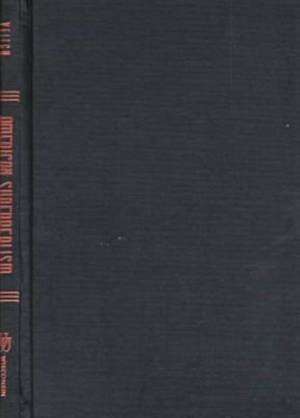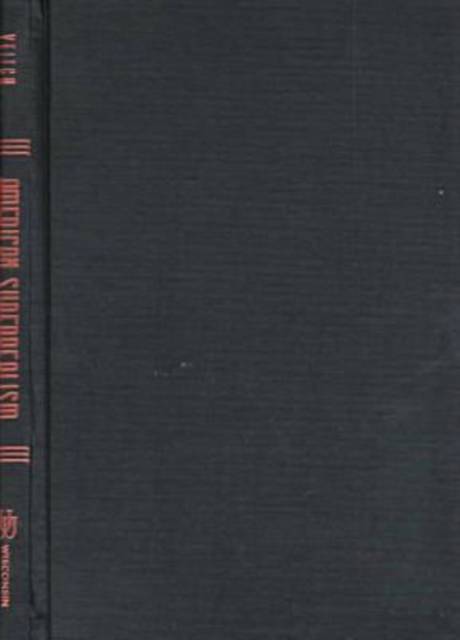
- Retrait gratuit dans votre magasin Club
- 7.000.000 titres dans notre catalogue
- Payer en toute sécurité
- Toujours un magasin près de chez vous
- Retrait gratuit dans votre magasin Club
- 7.000.000 titres dans notre catalogue
- Payer en toute sécurité
- Toujours un magasin près de chez vous
American Superrealism
Nathanael West and the Politics of Representation in the 1930s
Jonathan VeitchDescription
Nathanael West has been hailed as "an apocalyptic writer," "a writer on the left," and "a precursor to postmodernism." But until now no critic has succeeded in fully engaging West's distinctive method of negation. In American Superrealism, Jonathan Veitch examines West's letters, short stories, screenplays and novels--some of which are discussed here for the first time--as well as West's collaboration with William Carlos Williams during their tenure as the editors of Contact. Locating West in a lively, American avant-garde tradition that stretches from Marcel Duchamp to Andy Warhol, Veitch explores the possibilities and limitations of dada and surrealism--the use of readymades, scatalogical humor, human machines, "exquisite corpses"--as modes of social criticism. American Superrealism offers what is surely the definitive study of West, as well as a provocative analysis that reveals the issue of representation as the central concern of Depression-era America.
Spécifications
Parties prenantes
- Auteur(s) :
- Editeur:
Contenu
- Nombre de pages :
- 200
- Langue:
- Anglais
- Collection :
Caractéristiques
- EAN:
- 9780299157005
- Date de parution :
- 15-10-92
- Format:
- Livre relié
- Format numérique:
- Genaaid
- Dimensions :
- 161 mm x 237 mm
- Poids :
- 453 g







